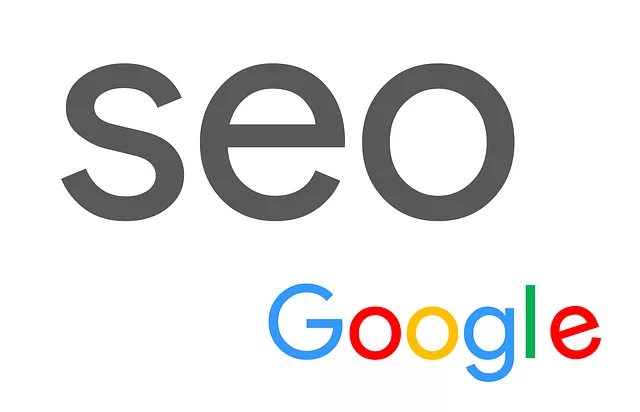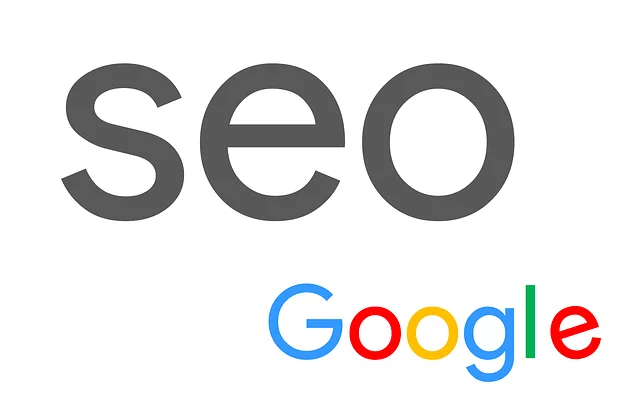Master SEO Strategies: Tips for Higher Rankings & Site Authority
Understanding and implementing effective SEO Tips for Ranking Higher is crucial for any digital mark…….

Understanding and implementing effective SEO Tips for Ranking Higher is crucial for any digital marketing strategy. This involves several key strategies: keyword research to understand user search behavior and optimize content, on-page optimization for better relevance and user experience, building high-quality backlinks from reputable sources, optimizing website technical aspects like loading speed and navigation, creating a diverse and engaging content strategy, and continually measuring and analyzing SEO performance using tools like Google Analytics. Staying updated with SEO trends and Google algorithm changes is also vital to outpace competitors and ensure higher search engine rankings, leading to increased organic traffic and online visibility.
Boosting your website’s rankings with effective SEO strategies is key to increasing online visibility and driving traffic. This comprehensive guide offers valuable insights into various SEO techniques, from foundational keyword research to content optimization and link building. By understanding the impact of technical SEO and implementing a robust content strategy, you can stay ahead of algorithm updates and consistently rank higher. Discover proven tips and tactics to elevate your site’s performance in today’s competitive digital landscape.
Understanding SEO and its Impact on Rankings

Understanding Search Engine Optimization (SEO) is crucial for any digital marketing strategy, as it directly influences online visibility and website rankings. SEO involves a set of techniques and practices aimed at optimizing web content to improve its relevance and authority in search engine results pages (SERPs). By implementing effective SEO tips for ranking higher, businesses can increase organic traffic and establish a stronger online presence.
When users search for specific keywords or phrases using search engines like Google, algorithms scan vast amounts of data to deliver the most relevant and useful results. SEO Tips for Ranking Higher focus on tailoring content to match these algorithm criteria. This includes keyword research, creating high-quality, informative content, building backlinks from reputable sources, and ensuring a mobile-friendly design. By mastering these SEO aspects, websites can climb up the rankings, making them more visible and attractive to potential customers or readers.
Keyword Research: The Foundation of SEO

Keyword research is a crucial aspect of SEO and often considered the foundation for boosting rankings. It involves understanding what terms your target audience uses when searching for products or services similar to yours. By identifying relevant keywords, you can optimize your content to match user intent, ensuring your website appears in search results for queries that matter most to your business.
Using SEO tips like keyword research allows you to stay ahead of the competition. It involves analyzing popular search terms, their monthly search volumes, and competition levels. Tools like Google Ads Keyword Planner or SEMrush can assist in this process. Once you’ve determined the right keywords, incorporate them naturally into your website’s content—from page titles and headings to meta descriptions and body text. This strategic approach will enhance your site’s relevance and visibility, leading to improved rankings over time.
Optimizing On-Page Elements for Higher Visibility

To boost your rankings with SEO, optimizing on-page elements is a crucial first step. This involves enhancing key components within your website’s code and content to make it more relevant and appealing to search engines like Google. Start by conducting thorough keyword research to identify phrases that your target audience uses when searching for products or services similar to yours. Incorporate these keywords naturally into your titles, headings, meta descriptions, and throughout your content—but remember, quality trumps quantity; avoid keyword stuffing.
Additionally, ensure your website is mobile-friendly as the majority of searches now originate from smartphones and tablets. Optimize images with alt tags that describe their content accurately, as search engines can’t “see” them. Improve site speed by compressing images, minifying code, and leveraging browser caching to reduce load times. These on-page optimizations not only enhance user experience but also signal to search engines that your website is a valuable resource, increasing its likelihood of ranking higher in search results (SEO tips for ranking higher).
Building Quality Backlinks for Authority

Building quality backlinks is a crucial SEO tip for ranking higher on search engines. High-quality backlinks from reputable and relevant websites act as votes of confidence in your site’s authority. When influential sources link to your content, it signals to search algorithms that your website offers valuable information, increasing its credibility. Focus on earning these links through diverse strategies such as creating shareable content, reaching out to industry influencers, or contributing to guest blogs within your niche.
Each backlink contributes to your site’s Domain Authority (DA), which is a metric that reflects the overall strength of your domain. A higher DA makes your website more attractive to search engines, boosting its chances of securing better rankings on result pages. Remember, it’s not just about quantity but also quality; a single link from a respected source can be more impactful than multiple links from lesser-known websites.
Technical SEO: Ensuring Your Site is Search-Friendly

Technical SEO plays a crucial role in boosting your site’s rankings and making it search-friendly. This involves optimizing various technical aspects of your website that directly impact how search engines crawl, index, and understand your content. One important tip is to ensure fast loading speeds. Today, users expect instant results, and slow sites are penalised by search engines. You can improve speed by compressing images, leveraging browser caching, and using a content delivery network (CDN).
Another key SEO tip is improving your site’s structure and navigation. Search engines use sitemaps to understand the hierarchy of your pages. A well-organized site with clear navigation helps search bots crawl efficiently. Make sure your URLs are clean, descriptive, and include relevant keywords. Additionally, implement structured data markup to provide search engines with more information about your content, enhancing their ability to index and display it accurately in search results.
Content Strategy for Long-Term Ranking Success

A robust Content Strategy is a cornerstone of any successful long-term SEO journey. It involves creating valuable, relevant, and consistent content that resonates with your target audience. By understanding their needs, preferences, and pain points, you can craft content that not only ranks well but also establishes your brand as an authority in your niche. Implementing SEO tips for ranking higher, such as keyword research, optimizing meta tags, and internal linking, ensures that your content is discoverable by search engines.
Regularly updating your content library with fresh, high-quality material keeps both users and search algorithms engaged. This strategy not only boosts rankings but also fosters user engagement, leading to lower bounce rates and longer session durations—all factors that contribute to a positive signal for search engines. Additionally, diverse content formats like blog posts, infographics, videos, and podcasts can enhance your SEO efforts by appealing to different learning styles and keeping your audience coming back for more.
Measuring and Analyzing SEO Performance

Measuring and analyzing SEO performance is a crucial step in any digital marketing strategy, offering valuable insights to refine your SEO tips for ranking higher. Tools like Google Analytics provide a wealth of data on website traffic, user behavior, and conversion rates, allowing you to understand which keywords drive the most relevant visitors. By tracking these metrics over time, you can identify trends, pinpoint areas for improvement, and optimize content accordingly.
Regular analysis enables you to assess the effectiveness of your SEO efforts, whether it’s optimizing meta tags, creating high-quality content, or building backlinks. It helps in understanding which strategies are driving organic growth and which may need adjustment. This data-driven approach ensures that your SEO tips are evidence-based and aligned with your business goals, ultimately leading to improved search engine rankings and better online visibility.
Staying Updated with SEO Trends and Algorithms

In the dynamic landscape of digital marketing, staying abreast of SEO trends and algorithms is paramount for any business aiming to rank higher. Google’s constant updates to its search algorithm reflect evolving user preferences and behavior, necessitating SEO practitioners to remain agile and adaptable. By keeping pace with these changes, businesses can ensure their strategies align with best practices and stay ahead of the competition. Incorporating relevant keywords, crafting high-quality content, optimizing meta tags, and fostering mobile-friendliness are among the essential SEO tips that prove effective in enhancing online visibility.
Moreover, understanding the importance of user experience (UX) is crucial for long-term success in SEO. Google prioritizes websites that offer fast loading times, seamless navigation, and valuable content, indicating a clear shift towards prioritizing user satisfaction over mere keyword stuffing. Integrating these UX best practices into your digital strategy not only boosts rankings but also fosters higher engagement rates and encourages repeat visitors, ultimately driving business growth.







